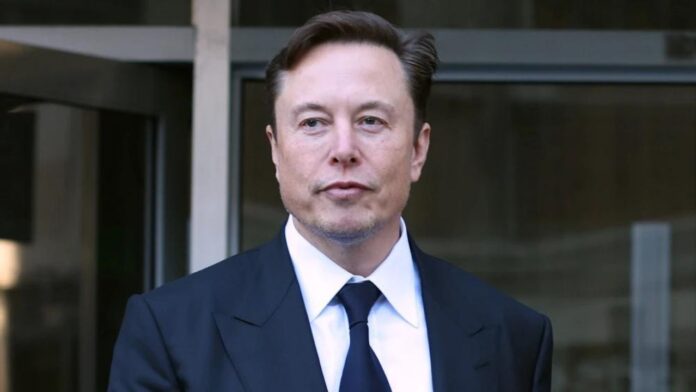Elon Musk, the owner of the social media platform X, formerly known as Twitter, recently stirred controversy by announcing plans to remove the “block” feature from the site. This announcement was met with significant backlash from prominent users of the platform, who consider the “block” feature to be essential.
The “block” function allows users to prevent specific accounts from seeing and interacting with their content, as well as restricts those blocked accounts from engaging with them. Longtime users of the platform argue that this function is crucial for avoiding unwanted content and for defending against persistent trolls who spam or target them with criticism.
In a direct response to a post from the “Tesla Owners Silicon Valley” account, which questioned the utility of blocking versus muting users, Musk stated, “Block is going to be deleted as a ‘feature’, except for DMs.” He added that, in his opinion, the block function “makes no sense.” Musk’s announcement suggests that users would still have the ability to block direct messages from specific accounts.
Despite Musk’s stance, a wave of prominent users responded negatively to his tweet. They argue that the “block” feature is essential and that its removal could have severe consequences.
Conservative commentator Buck Sexton expressed his strong disagreement with Musk’s proposal, asserting that the “block” feature is a cornerstone of the platform, saying, “Blocking is one of the most important features on this site. Otherwise, it just turns into an echo chamber of harassment from the most vile idiots.”
Activist Billboard Chris called Musk’s idea the “worst idea ever.” He fears that those engaging in controversial topics would be overwhelmed by trolls intentionally starting conflicts and spreading misinformation. Chris added that, given the current reporting process through X, removing the block feature is a misguided move.
Refuting the idea that the “mute” function (which prevents a user from seeing posts from muted accounts but allows those accounts to still view and reply to the muter’s posts) is as effective as blocking, Chris stated, “All muting does is stop me from seeing people’s posts. They’re free to reply.”
The “Wall Street Silver” account predicted that the removal of the “block” feature could lead to a mass exodus from the platform, as users seek to avoid scammers, cyberstalkers, and other malicious actors.
Liberal journalist David Leavitt voiced his disappointment in Musk’s decision, suggesting that it undermines the integrity of the platform, while MSNBC host Mehdi Hasan, an outspoken critic of Musk, sarcastically remarked on the potential risks of removing the block feature.
Furthermore, conservative influencer Ashley St. Clair proposed that if the block feature is to be removed, then anonymity should also be removed from X. She argues that without the ability to block harassing accounts, removing anonymity would at least allow for legal action against such individuals.
Adding a personal perspective, anti-Trump user David Weissman shared that he uses the block feature to protect himself from antisemitic users and a stalker who has previously harassed and doxxed him.
Given the strong reaction from various corners of the platform, Musk’s announcement has clearly struck a nerve among X’s user base, many of whom view the “block” feature as integral to their experience on the platform.




![Ranking US States: From Healthiest to Least Healthy [2024 Guide] Health Rankings US States](https://articleify.com/wp-content/uploads/2024/03/Health-Rankings-US-States-218x150.jpg)









![Technical Aspects of 844 Area Code in 2024 [Detail Guide] 844 Area Code](https://articleify.com/wp-content/uploads/2024/01/844-Area-Code-150x150.jpg)














